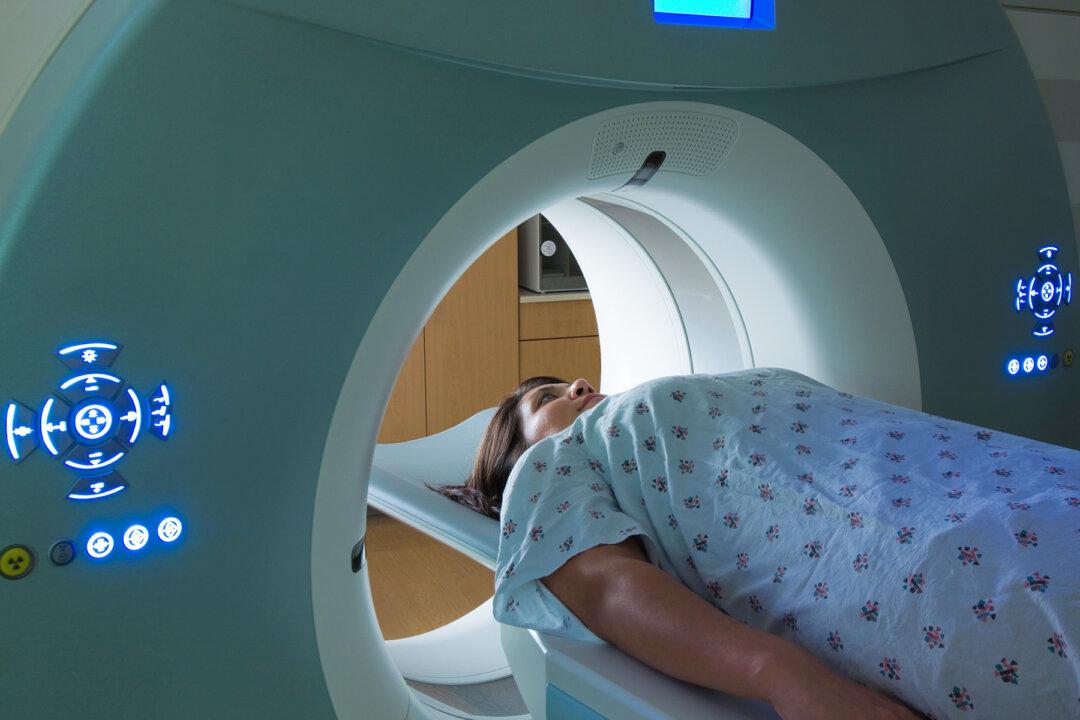A study by Massachusetts General Hospital has identified a previously unknown immune system mechanism underlying breast cancer prevention, creating potential for future immunotherapy.
The study found T helper 2 cells (Th2)—a type of regulatory immune cell—can “directly block spontaneous breast carcinogenesis [from becoming cancerous]” by regulating cancers cell to become unable to differentiate, according to lead author Dr. Shawn Demehri.






